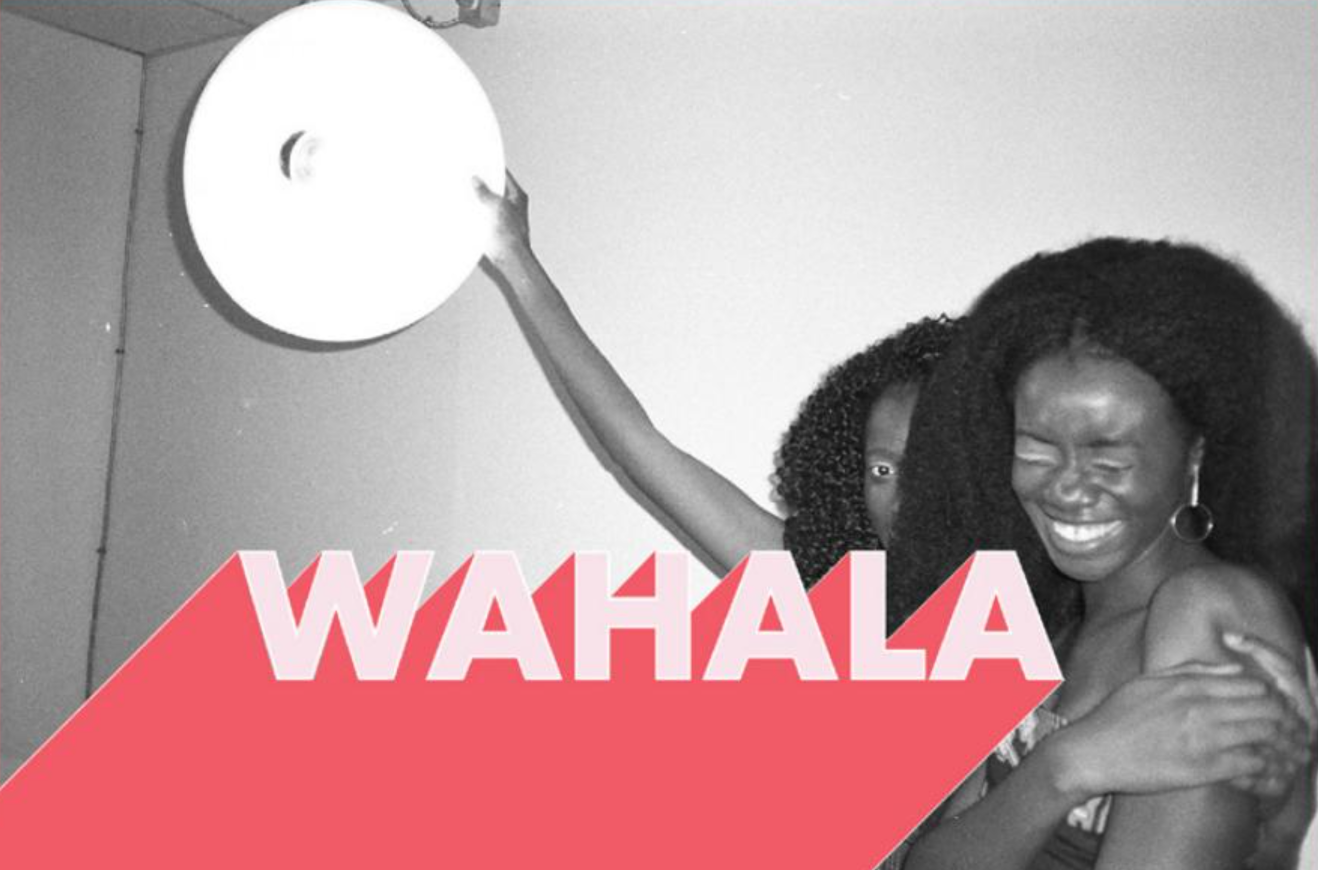Story by Kari Lau
I’m an avid zine enthusiast, more specifically, zines that serve marginalized communities, zines that are genuine in content, and zines that are made by youth. Those zines are how I can learn how to be an ally, have my perspective truly enriched (and not fed with B.S.), and most of all, be happy about, because seeing people of my generation break boundaries, is really exciting for me.
With those particular zines’, most have followings that don’t allow them to touch as many people, in the same way that I was. Zines like Wahala, a community that helps Nigerian diaspora navigate their identity (their content is so well written and created, and everything is so genuine; I love them!), and They/Us, a community that uplifts POC queers (and also pay their contributors—I know, what a legend.), have been educating others, who don’t understand the world they come from; they have allowed these niche groups they serve, have their own space to express their important thoughts. They have done so much and yet have not received as much response in comparison to more mainstream ones, that have the resources and connections. So, this spurred me to create Zine Feature. In that way, I could serve zines that don’t have as much money; zines that are pioneering a movement; zines that are trying to build their way to the top. This is my tribute for them. This is Zine Feature.

Kanyinsola Anifowoshe, a 17 year old, Nigerian writer and editor-in-chief for Wahala Zine, a zine dedicated to the Nigerian diaspora, is brimming with confidence and strength. She does not live in Nigeria or speak Yoruba, the language used in Southern Nigeria, but her interest in the country’s complicated past and present, her dedication to the diaspora, and love for her culture, is her way of being Nigerian; which for her is a fluid, diverse concept—the heart of Wahala. However, Anifowoshe didn’t always think this way.
Moving from Nigeria at five years old to Chicago, made her insecure about her place in the community. This is because, the “gold” standard of Nigeria-ness was to live there, fluently speak their respective tribe’s language, and really, really know everything about her culture—which wasn’t Anifowoshe. Because of this, she often questioned if “she had the right to call herself [Nigerian]” or “how [was she] defining herself”. These questions spurred the idea of creating a space for discussion on various aspects of the Nigerian diaspora, as means of navigating her identity. And thus, Wahala was born.

From Anifowoshe’s current confidence, it is evident that the zine provided her the answers she was looking for. Through creating issues based on specific prompts of the Nigerian identity, Anifowoshe found security in the ideas the artists had. Olamiju Fajemisin’s essay “Too Black To Be Brit” permitted her to exist outside of the standard Nigerian constraints. Ola Faleti’s essay “Summer” validated her dual identity of being Nigerian and American. These two artists and others who shared a part of themselves to Wahala, “helped [Anifowoshe] accept [her] Nigerianess for what it is.” It allowed her to exist as she is now—free from the chokehold of the “correct” Nigerian.
This personal journey of self love and identity has emboldened her passion for Wahala; to continue the conversation of anything Nigerian, to learn from each others experiences, to debate with each other, and most of all, to feel valid. With this hope, her intent for the zine has changed: from self discovery to fostering a space for Nigerians to freely express themselves. In that way, they have a source of comfort; the same comfort that Anifowoshe had received from Wahala. Comfort that gives a sense of belonging and warmth for those who are also lost in the Nigerian diaspora.
For More of Wahala:
Instagram: https://www.instagram.com/wahalazine/?hl=en
Tumblr: https://wahalazine.tumblr.com/
Issue One: https://issuu.com/wahalazine/docs/wahala_zine_issue_one

